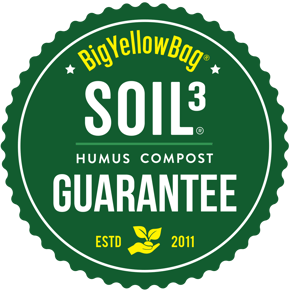How to apply activated Charcoal
To in-ground Gardens and Raised Beds
Why Activated Charcoal?
Using activated charcoal on golf course greens is a standard practice when chemicals have been over applied. Here are studies we found showing positive results using activated charcoal to mitigate contaminated soils for farmers.
What You'll Need
- activated charcoal (source: https://charcoalhouse.com/store/garden.html)
- water
- measuring cup or scale
- 5 gallon bucket
- stick for stirring
- dust mask
- safety goggles
- wear old work clothes or clothes that can get dirty
Application Rate
The recommended rate is 2.5 lbs. per cubic yard volume or 1 lb. for every 150 sq. ft. of surface area to cover. In some cases we sent extra when the vendor didn't have smaller amounts.
Consultants tell us there should be good results up to 5 lbs per cubic yard, but be careful with too much because it can raise the pH. If you're concerned with changing the pH too much, start in one section or one bed, rather than spreading all at once. Wait a few weeks to see how one bed responds to it, then proceed with the rest. We add it to Veggie Mix and, in our blend, it does not seem to change the pH much at all, but we want you to be aware of the possibility.
Mixing Ratio
1 lb activated charcoal to 1 gallon of water, but you may want to use more water so it pours more evenly.
Application Method:
- Your garden soil will need to be thoroughly wetted first
- Mix the powder so it is suspended in water (use a 5 gallon bucket)
- Then water that solution into the soil (no tilling necessary)
- Agitate the solution so charcoal doesn't settle on the bottom
- Wait two days, then plant or replant your vegetables
FAQ
- Activated charcoal will neutralize any herbicides in the soil so that you can safely replant.
- It should immediately start to work so that you can replant within 2 days.
- There are reports of it helping plants that show signs of herbicide carryover, with the plants growing out of the damage and producing flowers and fruit that same year [for nightshade and legume plants - the two most vulnerable to herbicide carryover from aminopyralid (brand name is Grazon) herbicide].
- Will too much harm plants? We read that too much will not harm plants, but it may raise the soil pH.
